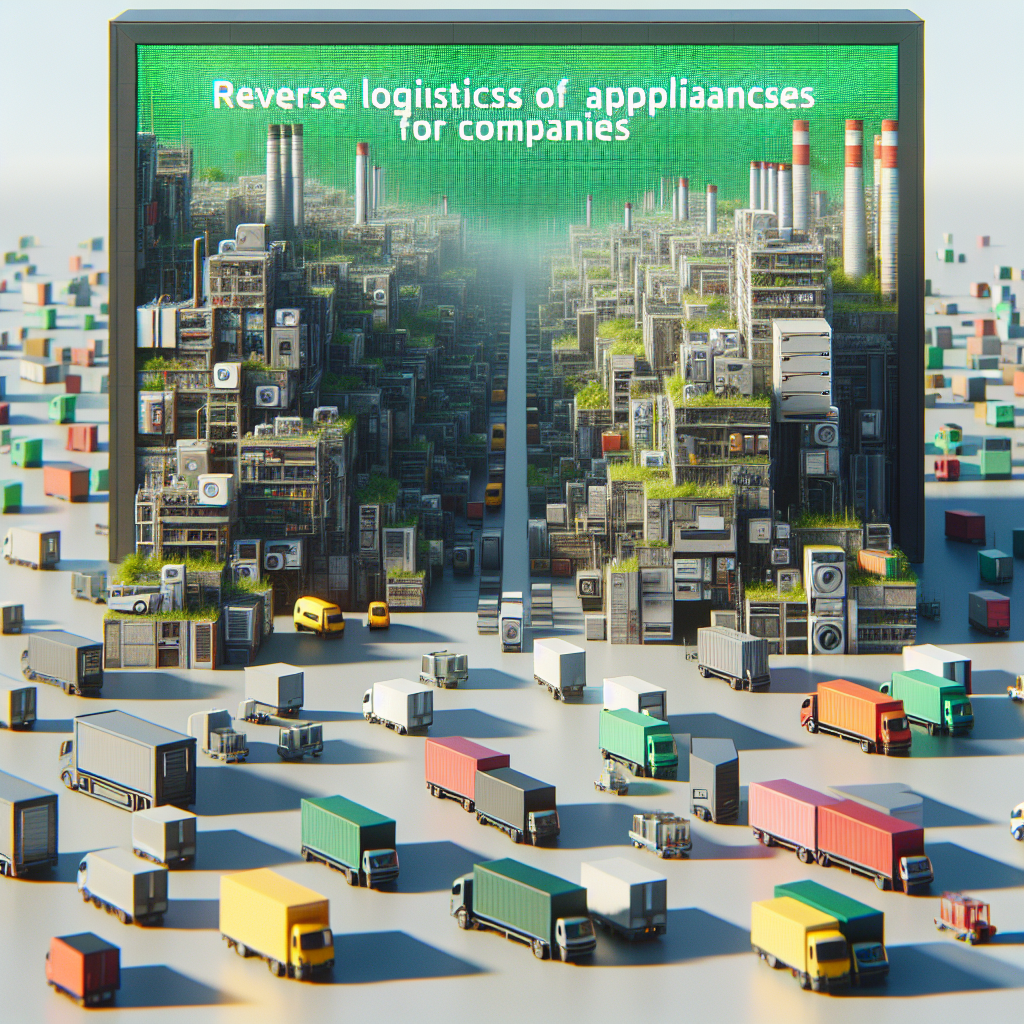Blog Ecobraz Eigre

Reverse Logistics of Home Appliances for Companies in SP (Law and Obligations)
Understanding Reverse Logistics for Home Appliances
Reverse logistics is an essential tool in the management of electronic waste, with a focus on home appliances, aiming at the recovery, reuse, and environmentally appropriate disposal of discarded equipment. In the state of São Paulo, specific legislation imposes obligations on legal entities responsible for the supply chain, aiming to reduce environmental impact and comply with the guidelines of the national system.
Legislation Applicable to Reverse Logistics in São Paulo
The main legislation regulating the reverse logistics of home appliances is Federal Law No. 12,305/2010, which establishes the National Solid Waste Policy (PNRS), as well as Decree No. 7,404/2010, which details its implementation. Additionally, the State of São Paulo has CETESB regulations that establish specific rules for the collection and final disposal of electronic waste.
According to the PNRS, manufacturers, importers, and retailers must structure and implement reverse logistics systems, ensuring the collection and return of end-of-life home appliances for recycling or proper disposal. These conditions are institutionalized by the National Information System on Solid Waste Management (SINIR), available at sinir.gov.br, where operations and reverse logistics programs are registered.
Obligations and Responsibilities of the Supply Chains
Those responsible for the supply chain of home appliances in São Paulo have the legal duty to implement systems that enable the collection and proper disposal of discarded home appliances. This includes: the preparation and implementation of reverse logistics plans; partnerships with accredited entities for treatment and recycling; technical training; communication and information to the final consumer; and compliance with the targets established by legislation.
Failure to comply with these obligations may result in administrative sanctions under Article 67 of Federal Law No. 12,305/2010, including fines and other penalties provided for.
Technical Solutions for Efficient Disposal
For the proper handling of discarded home appliances, structured collection and treatment processes that comply with environmental legislation are essential. For electronic waste, secure collection can be conducted through voluntary delivery points and established collection systems. For the disposal of sensitive components such as hard drives (HD) and media, secure data elimination processes are recommended, ensuring confidentiality and information security.
Moreover, the properly scheduled and executed electronic waste collection ensures correct management under the required environmental oversight, reducing the environmental impact of waste and promoting corporate sustainability.
Final Considerations
It is fundamental that actors involved in the home appliances supply chain are aligned with the current legislation of the state of São Paulo and the federal PNRS. The adoption and compliance with reverse logistics represent not only a legal obligation but also a socio-environmental commitment of great relevance to the sector and environmental protection.

Deixe um comentário
O seu endereço de e-mail não será publicado. Campos obrigatórios são marcados com *